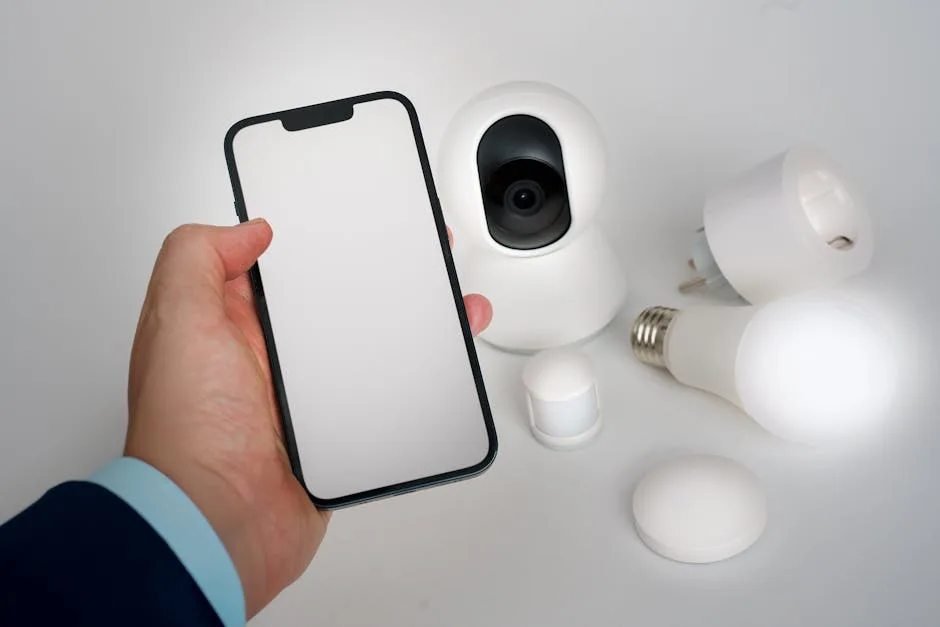
Signal has rolled out an update to its Windows 11 app that prevents Microsoft’s AI-powered Recall feature from capturing screenshots of user conversations. The move highlights growing tensions between privacy-focused applications and operating system-level surveillance tools. By leveraging DRM (Digital Rights Management) flags, Signal now defaults to blocking all screenshot attempts, including those initiated by Recall, displaying a black screen instead of the actual content1.
Technical Implementation and Trade-offs
Signal’s solution uses the Windows 11 API SetWindowDisplayAffinity(hWnd, WDA_EXCLUDEFROMCAPTURE) to exclude its window from screen captures. This approach mirrors techniques employed by streaming platforms like Netflix to prevent piracy2. However, the implementation comes with significant trade-offs: enabling Screen Security disrupts accessibility tools such as screen readers and magnification software. Users can disable this feature in Settings → Privacy → Screen Security, but Signal warns against doing so due to the privacy risks posed by Recall3.
Microsoft has not provided an API for applications to opt out of Recall, forcing developers like Signal to adopt unconventional methods. Recall remains exclusive to Copilot+ PCs, which require Neural Processing Units (NPUs) for local AI processing4. This limitation has drawn criticism from privacy advocates and developers alike.
Industry and Accessibility Concerns
Signal’s blog post criticized Microsoft’s design, stating, Apps shouldn’t need ‘one weird trick’ to protect privacy
1. TechRadar labeled Recall a basic flaw
in Windows 11’s privacy framework, arguing that Microsoft should prioritize developer controls over AI convenience3. The conflict underscores a broader issue: AI agents with system-level access can bypass app-level encryption, posing security risks5.
Accessibility advocates have raised concerns about Signal’s DRM-based approach. Disabling Screen Security allows assistive technologies to function but exposes messages to Recall. A Signal developer told The Verge, Microsoft left us no choice but to use DRM
2. This dilemma highlights the unintended consequences of Recall’s implementation.
Broader Implications and Future Outlook
The dispute between Signal and Microsoft reflects a larger debate over AI surveillance and user privacy. Recall has faced legal scrutiny, with privacy advocates labeling it spyware
due to its potential for misuse5. Microsoft Edge’s latest update promotes Recall compatibility but lacks tools for third-party apps to opt out, further complicating the issue4.
Non-Windows platforms like macOS and Linux remain unaffected, exposing disparities in OS-level privacy protections. Regulatory bodies, including the EU GDPR and US FTC, may scrutinize Recall’s compliance with data protection laws. As AI-driven features become more pervasive, developers and policymakers must balance innovation with privacy safeguards.
Relevance to Security Professionals
For security teams, Signal’s workaround demonstrates the challenges of mitigating OS-level surveillance. Key takeaways include:
- Monitoring DRM Flags: Security tools should detect applications using
WDA_EXCLUDEFROMCAPTUREto identify potential privacy risks. - Accessibility Trade-offs: Organizations must weigh privacy against accessibility when deploying Recall-enabled systems.
- Policy Advocacy: CISOs should push Microsoft for opt-out APIs to avoid forcing developers into DRM-based solutions.
Signal’s approach may inspire other privacy-focused apps to adopt similar measures, but long-term solutions require collaboration between developers and OS vendors.
Conclusion
Signal’s update highlights the tension between privacy and AI-driven features in modern operating systems. While its DRM-based solution offers short-term protection, the lack of native opt-out mechanisms in Recall raises broader concerns about user control and accessibility. As AI integration expands, Microsoft and other vendors must address these challenges to maintain trust and compliance.
References
- “Signal Doesn’t Recall,” Signal Blog, May 21, 2025.
- “Signal’s New Windows Update Prevents Microsoft Recall from Capturing Chats,” The Verge, May 21, 2025.
- “Signal Blasts Microsoft Over Recall Privacy Failings,” TechRadar, May 22, 2025.
- Microsoft Edge Download Page, May 2025.
- “Signal’s Windows Update Blocks Recall Screenshots,” TechCrunch, May 22, 2025.






